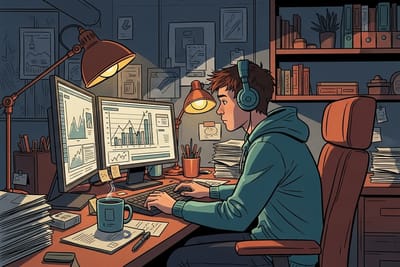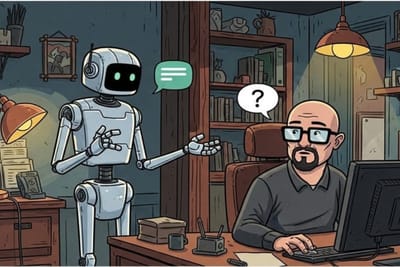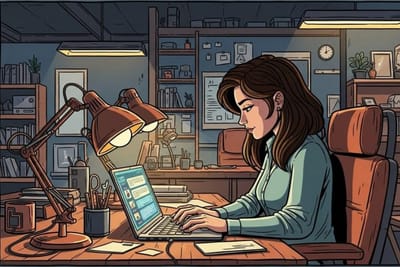Vince Vaughn and Enterprise 2.0

Many have predicted that 2010 will be the year of Enterprise 2.0. Of course, that term is still evolving, and I put forth a different definition of it in Chapter 1 of The Next Wave of Technologies. Rather than internally debate what the term means, I read up on emerging technologies with the intent of finding out the following:
- how they're being used
- the effects they're having on people
So, it was with great interest that I stumbled upon three thought-provoking posts yesterday. Trust me. I'm going somewhere with the Vince Vaughn reference.
Will Enterprise 2.0 technologies eliminate middle management?
In Middle Management: The Importance of Being Michael Scott, Andrew McAfee takes a look at whether the days of the middle manager are numbered.
I had a hard time initially buying McAfee's early contention that "Enterprise 2.0 overtakes the last vestige of the middle manager's value—understanding the local culture." However, later in the piece, he backs off this claim.
Can technology improve others' view of local markets and, to some extent, obviate the need for some go-betweens? I don't see why not, especially with collaborative tools and BI applications.
Easier said than done, though. A few practical questions:
- Is the data from local markets accurate?
- Is it complete?
- Is it accessible without a bunch of manual manipulation?
- Are organizations and senior people going to trust technology to make decisions traditionally made by people?
I'm not sure that many organizations are ready to axe their middle ranks and replace them with dashboards and BI apps. I suspect that more will get there with the further adoption of Enterprise 2.0 technologies.
How will Enterprise 2.0 affect traditional CRM applications and mindsets?
In Social CRM: Ground zero for Enterprise 2.0 in 2010, Dion Hinchcliffe discusses how traditional CRM is becoming more social. Hinchcliffe writes, "Traditional methods for staying in touch with customers don’t hold a candle to true social engagement."
Amen.
As he has pointed out in this post and others, a few things need to happen before the true power of social CRM can be unleashed. For one, organizations need to understand that it's a two-way street, and, to that end, they cannot control the entire message. Also, from a technology standpoint, I would think that many "Enterprise 1.0" apps may not be sufficient for storing, accessing, and analyzing much of the unstructured data generated by the very tools that he describes. Whether that means new apps, new architectures such as SaaS, datamarts or data warehouses, or some combination of each is probably a company-specific decision.
Is the Twitter genie out of the bottle?
Ah, one of the big questions these days. In The Twitter Train Has Left the Station, Nick Bilton of the NY Times questions those who doubt Twitter's effect on traditional media. Are you "old school" if you refuse to acknowledge that Twitter's a game changer? Can one opt not to live in a 140-character world? Even if you do, does that mean that you're ultimately not affected by it?
Simon Says
These are really lofty questions that I can't possibly answer in a blog post. I will say this. To quote Vince Vaughn's Ricky Slade in the criminally underrated movie Made, "A lot going on. But, of course, there always is, isn't there? A lot going on."
The rules seem to be evolving as we speak. Quite frankly, there's no agreement among talking heads like me about Enterprise 2.0 technologies now, much less where they're going.
Stay tuned. Enterprise 2.0 (or whatever you want to call it) will be one hell of a ride. There's plenty of room for debate.







Member discussion